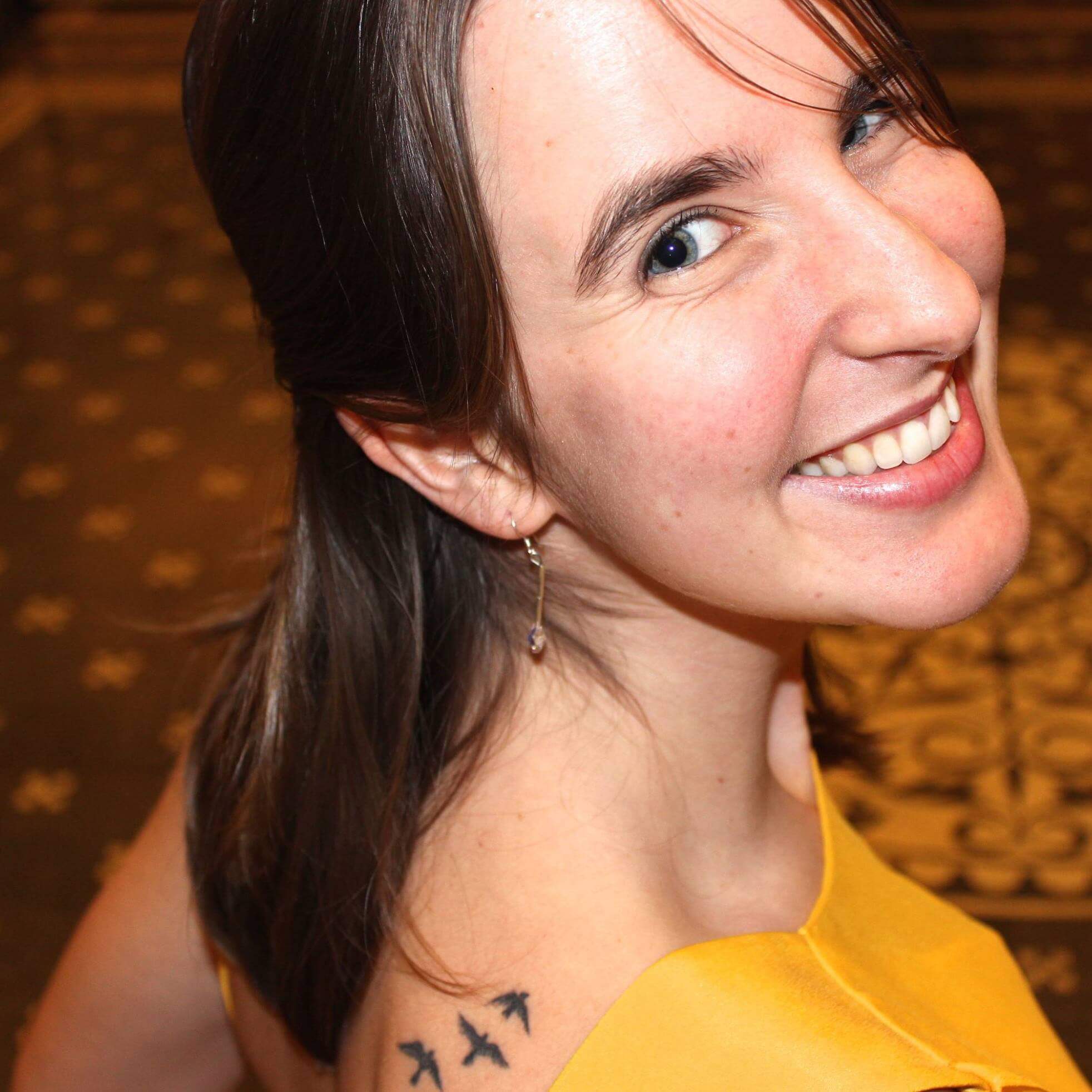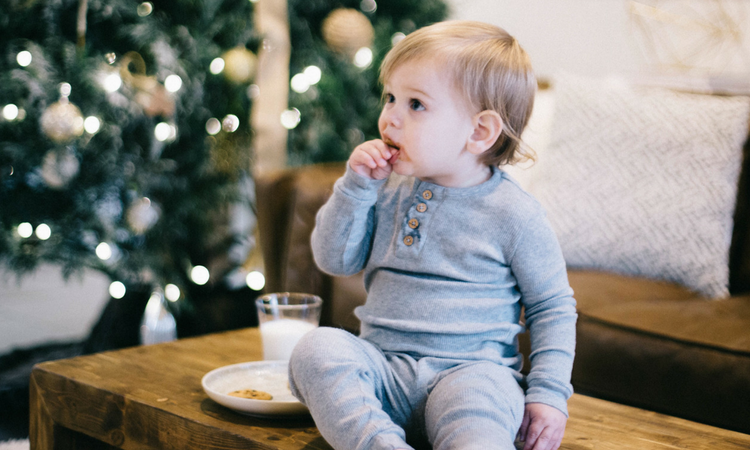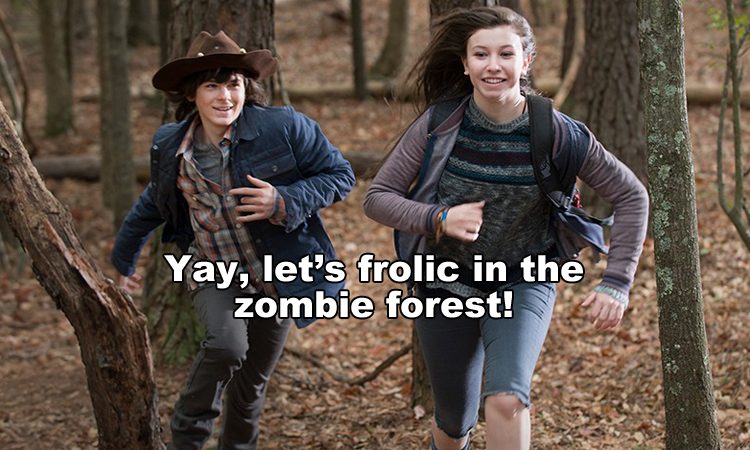I don’t believe this show starts the conversation about teen suicide well. Why? Because I actually believe that this show is dangerous. I’ve written about why before and many others have, too, because it goes against research about how suicide should be safely portrayed and discussed.
The second season is better, in some ways, than the first. It starts the season by saying that people going through mental health crises should either not watch it or, if they do, to watch with a trusted adult (here are some discussion points). It doesn’t automatically queue the next episode until it has reminded you that there are resource lists online. It lists trigger warnings before some episodes. But these reasons why it’s better don’t erase the damage I believe it has the potential to cause, and so I offer you a list of important points the show makes that I believe could spark better conversations than actually watching:
- Suicide is final.
- Suicide is not the answer, and there are more reasons to live than there are to die.
- Suicide jokes are not funny. Telling someone to kill themselves is not okay. We should never joke that nobody would care if we live or die.
- Holding in pain isn’t courageous. Letting it out and being willing to feel pain is.
- There are many emotions experienced by the loved ones left behind, including anger, and not all of them will match with one’s expectations of what it’s supposed to look like.
- There is no “moving on” from grief. Life is split into a “before” and “after.” There is moving through.
- People with mental illnesses deserve love and compassion.
- We as friends, family members, and partners cannot save people from the symptoms of mental illnesses, but we can love them. Individual and group therapy and medications, among many other important resources, are things which can help to do the saving.
- School protocols about bullying and mandatory reporting of sexual assault and suicidal ideation need to become stronger. At the same time, the question of how much schools should tell parents looms and is murky.
- It is difficult to have the courage to speak out against what is wrong, especially in high school, but that does not absolve us of responsibility. If we do not speak up, or if we actively stand in the way of justice, we are complicit.
- Victim-blaming victims/survivors of sexual assault makes people terrified of coming forward. So do the rare or lax punishments.
- We only need one really good friend to make it through high school. The pain of ended friendships and the damage that comes from having no friends and feeling helpless in the face of bullying can be unspeakable.
- Violence begets violence, and it lasts only a short time in public memory before we move on because of how barraged we are daily by it.
- Children and teenagers should never have easy access to guns.
- Consent is required to have sex. Otherwise, it is not sex; it’s an assault.
- Abusive relationships are nearly impossible to leave, even when the people in the relationship know that they’re being abused. These relationships can be deadly.
- Abused people often have trouble accepting help from other people.
- Accepting ourselves – our fullest selves – is crucial to living a life we’re proud of.
- Parents desperately want their kids to be okay, and will sometimes ignore or downplay signs that they’re not because of how much they wish they were okay.
- Chosen family is as important as blood family, but toxic secrets can happen in both kinds of families. Teams and groups like athletic organizations and fraternities can have a culture of silence and enabling because of fear of the chosen family falling apart and no longer belonging to something bigger than ourselves.
- Toxic masculinity will always be problematic. Expressing our vulnerability and standing on our own is crucial.
- Post-traumatic stress disorder (PTSD) is not uncommon after trauma. Trauma triggers of symptoms after the fact can be difficult to identify, but easier to face if we have loving people at our sides.
- Other people who bear similar life struggles can make great friends for us, but they may also be triggers for us sometimes.
- We never know the whole story.
- People who self-harm often can’t fully explain why they do so.
- Don’t read the comments section. Nothing good happens there.
- Regret hurts. We cannot turn back time; no matter how many times we wish we had done something differently, we cannot. Some people respond to regrets by taking a hard look in the mirror and reckoning with themselves. Some people respond by denial and making the same terrible mistakes so often that they become decisions.
- Sharing a personal story can open others up to share theirs, but we don’t get to decide how and whether someone shares their story. People who come forward as having been assaulted practically go on trial, too, because of how much scrutiny they get.
- We also do not get to choose what people who have been assaulted use as their term: victim or survivor.
- The legal system is skewed against people without money.
- People we love can do terrible things.
- Marriages often end after the death of a child.
- Secrets and lies sometimes serve as a way of trying to hold our worlds together, but they will never stay together with that serving as glue.
- We’ve all been broken by something.
- Suicide contagion is real, but silence instead of discussing suicide and emotional distress is harmful, too. Here’s a list of guidelines about how to talk about it safely.
- There are many people who have faced suicidal thoughts and survived them. The international symbol of suicide prevention is the semi-colon (;), because it signifies a pause before continuing.
- Suicide is final.
- Suicide is not the answer, and there are more reasons to live than there are to die.
“As lonely as it is, you’ll never be alone.”
If you’re considering suicide, I want you to know this: You are so worth life. Talk to someone in your life, or call or text a suicide hotline, when you’re ready. Tell them that you want to keep living, and that you need help to do so. So many others and I care about you. You are loved.







Leave a Reply